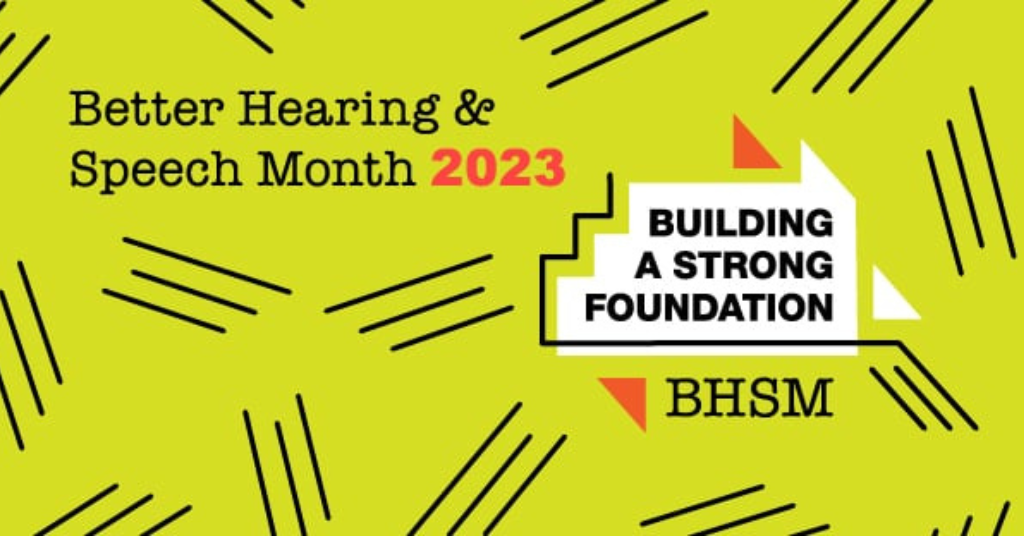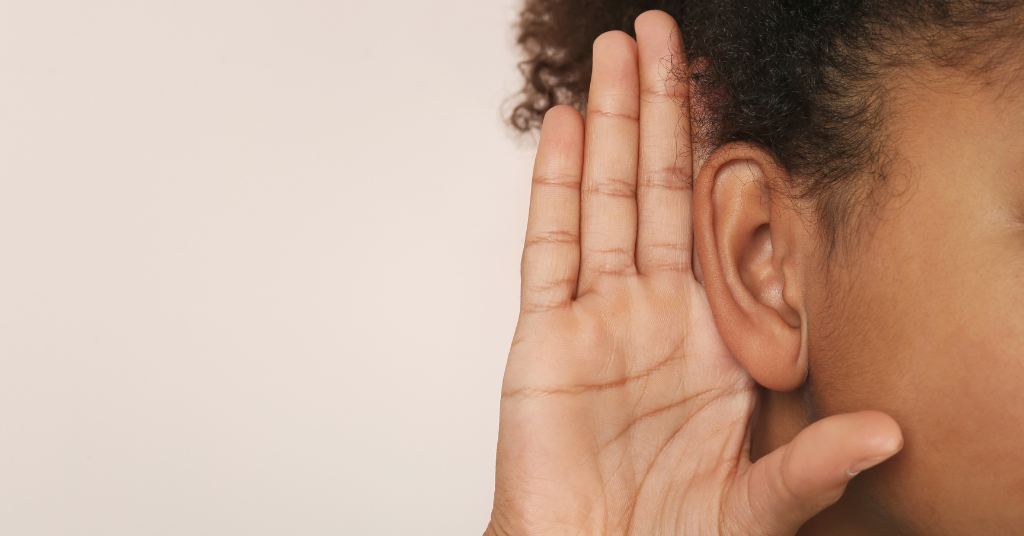
Has my son’s cochlear implant helped him learn words faster than a hearing child?
February 2, 2018
Tinnitus: It’s in your head
February 6, 2018Tinnitus Week: Sharing information, resources and relief

This week is ‘Tinnitus Week,’ which aims to raise awareness of the condition that affects approximately 1 in 10 people. Here’s how you can get involved.
An estimated 25 million adults in the US have experienced tinnitus lasting at least 5 minutes in the past year, according to the National Institute on Deafness and Other Communication Disorders. For some people, tinnitus may be an occasional occurrence, but for many people, it can be debilitating, causing disruption to sleep, anxiety and depression.
What is tinnitus?
According to the British Tinnitus Association, the word ‘tinnitus’ comes from the Latin word for ‘ringing’ and is the perception of sound in the absence of any corresponding external sound.
“It is not a disease or illness; it is a symptom generated within the auditory system,” according to the association. “The noise may be in one or both ears, or in the head, or it may be difficult to pinpoint its exact location. The noise may be low, medium or high pitched. There may be a single noise or two or more components. The noise may be continuous, or it may come and go.”
Raising awareness together
For the first time, the international tinnitus community has come together to raise awareness about tinnitus and how it impacts on the lives of those living with it. Tinnitus Week is a partnership initiative led by the Brtitish Tinnitus Association, Tinnitus Research Initiative, Tinnitus Hub and the American Tinnitus Association. A new website has been launched with key information about Tinnitus Week: www.tinnitusweek.com.
What can you do if you have tinnitus?
While there is no cure for tinnitus, there are management and therapy solutions, including hearing aids.
“I have suffered from tinnitus since I was 7 years old, and I always thought there was nothing I could do about it,” says musician Eloise Garland. “I eventually sought help from my general practitioner, who referred me to a specialist Tinnitus Therapist based at the main hospital. She helped me learn how to deal with many of the noises whizzing around my head by using Tinnitus Retraining Therapy (TRT). However, it wasn’t until I received hearing aids that my tinnitus began to truly lessen.”
Read more: How my Hearing Aids Helped my Tinnitus
Hearing aids such as Phonak’s Audéo™ V and Bolero™ V hearing aids, feature a unique Tinnitus Balance noise generator, using the principle of sound therapy? This works by delivering sound to the ear in order to distract you from the tinnitus you perceive, thereby blending the ringing of tinnitus into the background.
Others have found that meditation and other distractions have helped.
Read more: Five Ways to Distract Yourself from Tinnitus
How to join in Tinnitus Week
While the British Tinnitus Association’s focus for the week will be on children and young people, here at HearingLikeMe.com, we will be taking a broader approach and highlighting different aspects of tinnitus, triggers, therapies, studies and management of the condition.
#HearingLossHour
On Wednesday, February 7, we will be supporting the #HearingLossHour on Twitter to discuss living with tinnitus, and sharing resources and information. To join in, go to Twitter between 1pm and 2pm (GMT) and use the Twitter search to search for #HearingLossHour latest tweets. Add the hashtag to your tweets to join in.
If you have tinnitus and want to learn more about the condition and how to manage it, the British Tinnitus Association also has a range of information leaflets, and an e-learning portal, Take on Tinnitus which you may wish to access.




